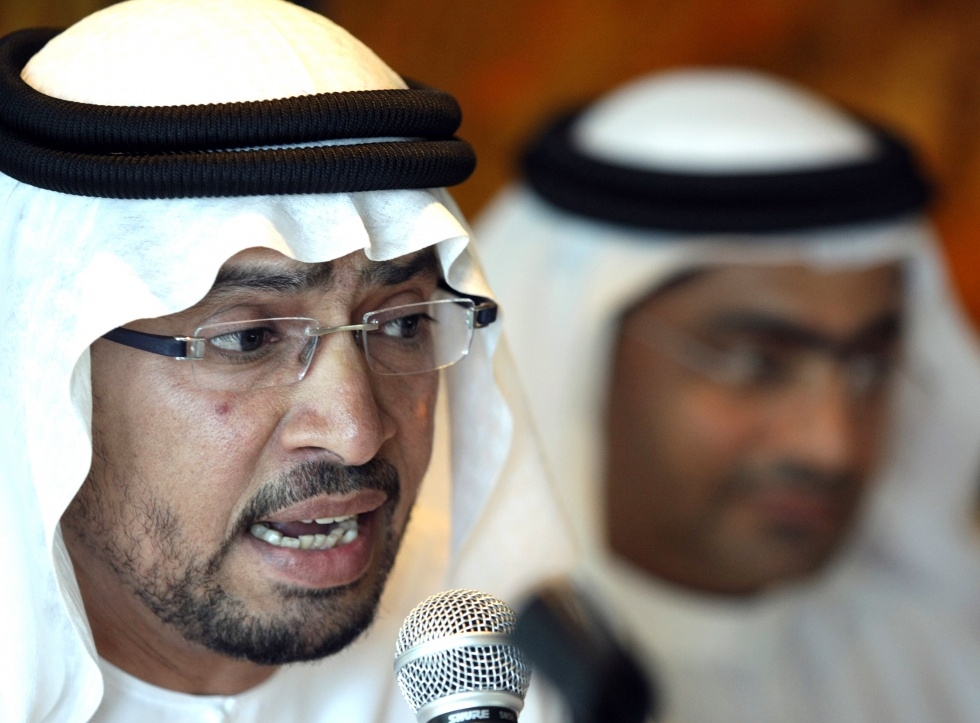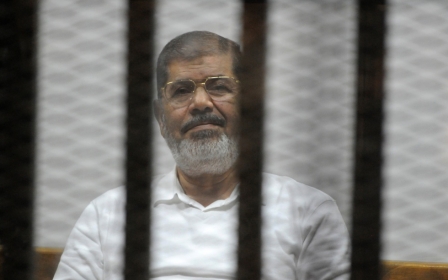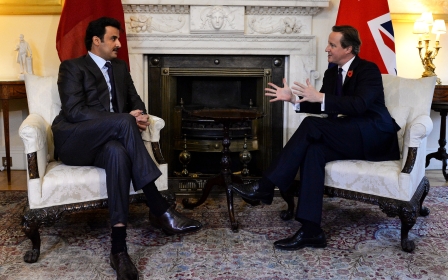UAE refutes 'one-sided' Amnesty allegations of torture against political prisoners

The UAE said on Wednesday that it was committed to improving the protection of human rights and criticised the “one-sided and inaccurate” allegations by Amnesty International that it has “harassed, arrested and in some cases tortured” political activists.
“The UAE will continue its work to strengthen the protection of human rights,” the foreign ministry said, a day after Amnesty International released a damning, near 80-page report, entitled There is no freedom here: Silencing dissent in the UAE.
The report described a “culture of fear” in the UAE, documenting the arrest and alleged mistreatment of over 100 activists and government critics, as authorities, according to Amnesty, seek to “stamp out any sign of dissent”.
The UAE foreign ministry said the arrests cited by Amnesty were the result of “thorough investigations” and insisted the detainees were not part of peaceful associations calling for a political debate.
“The UAE has made impressive progress in developing its governance institutions and building a tolerant and multicultural society in which people of more than 200 different nationalities live harmoniously together,” the ministry said.
The Amnesty report, however, said Emirati lawyers, university professors, students and civil society activists have all been detained. Some have links to the Reform and Social Guidance Association – known as al-Islah – which Amnesty describes as a “peaceful grassroots organisation” and UAE authorities say is linked to Egypt’s Muslim Brotherhood.
Islah was included on a UAE list of terror groups released Saturday, which named a number of international organisations including the aid charity Islamic Relief.
Many of those detained were signatories to a 2011 petition signed by 133 Emiratis, which requested increased democratic reforms in the UAE.
The UAE, a federation of seven emirates, is ruled under the presidency of Abu Dhabi's Sheikh Khalifa bin Zayed al-Nahyan and has not seen any of the street protests characterised by the Arab Spring uprisings.
There is a Federal National Council (FNC) that advises on legislative matters, but which does not hold any absolute authority. Half of the 40 seats are elected by a restricted number of Emirati citizens.
The 2011 petition called for the FNC to be elected by universal suffrage and to hold legislative authority in the UAE.
Emirati authorities, however, said those in prison, some of whom are serving sentences up to 14 years, sought to “overthrow the UAE government” and insisted “no state can simply stand idly by in the face of such a threat.”
Those detained have been prosecuted under controversial national security and cybercrime legislation, which other rights groups – including Human Rights Watch – have heavily criticised.
In Tuesday’s report Amnesty documented serious allegations of torture against those held in prison. The London-based watchdog said prisoners have described being “tortured and ill-treated” including having their fingernails “pulled out” by officers who have “beaten them severely and suspended them upside down for long periods” of time.
Authorities have repeatedly denied allegations of torture and on Wednesday warned of the all “too real” threat of extremism, saying that the UAE “represents an alternative vision of a stable, peaceful, moderate and modernising society.”
Emirati activists deny this, and insist that the government is using the spread of groups like Islamic State (IS) to justify alleged human rights abuses.
“If ISIS [another acronym for IS] wasn't around it would have been created by the tyrants of the region,” said Ahmed Mansoor, a human rights activist from the emirate of Ajman. “ISIS serves these authoritarian regimes more than anyone else – it is a gift from the sky for them and can be used as a tool of repression.”
“The Gulf regimes were repressive before ISIS and this has only given them more of a pretext to clampdown on all human rights activists and put them in prison using terrorist laws," he added.
In the UAE the Twitter response to Amnesty’s report has been angry and a hashtag was quickly created collating damning criticism of the human rights group.
#AmnestyIsATerroristOrganisation has attracted over 7,000 tweets in one day.
Translation: “An organisation that defends the rights of homosexuals. It’s a filthy, impure organisation.”
Translation: “You are an organisation born from the Zionist cradle, raised in the womb of Britain, the mother of terrorism. It feeds off murder, bloodshed and devastation.”
Translation: “There is no other solution but to blow up this organisation – if anyone has an opinion let’s hear it.”
New MEE newsletter: Jerusalem Dispatch
Sign up to get the latest insights and analysis on Israel-Palestine, alongside Turkey Unpacked and other MEE newsletters
Middle East Eye delivers independent and unrivalled coverage and analysis of the Middle East, North Africa and beyond. To learn more about republishing this content and the associated fees, please fill out this form. More about MEE can be found here.



